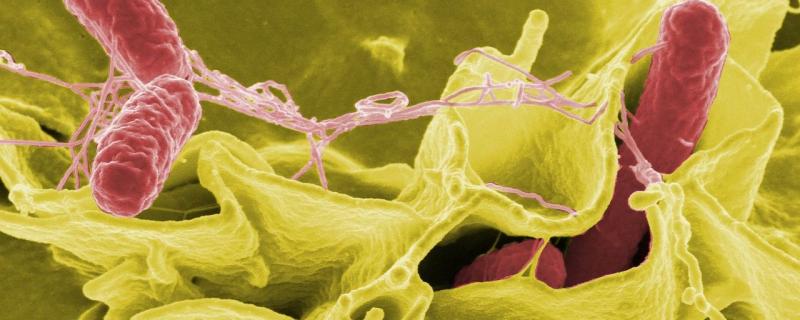In a recent study, researchers at the Indian Institute of Science, Bengaluru, have described how the pathogenic bacteria Salmonella, which causes a range of diseases from diarrhoea to typhoid, escapes from our immune system.
आयआयटी मुंबईद्वारे विकसित नवीन डीप-लर्निंग फ्रेमवर्क SpADANet (स्पाडानेट) मर्यादित लेबल्स वापरूनही अनेक चक्रीवादळांमधील संरचनात्मक नुकसान अधिक अचूकपणे वर्गीकृत करू शकते.
Mumbai/










